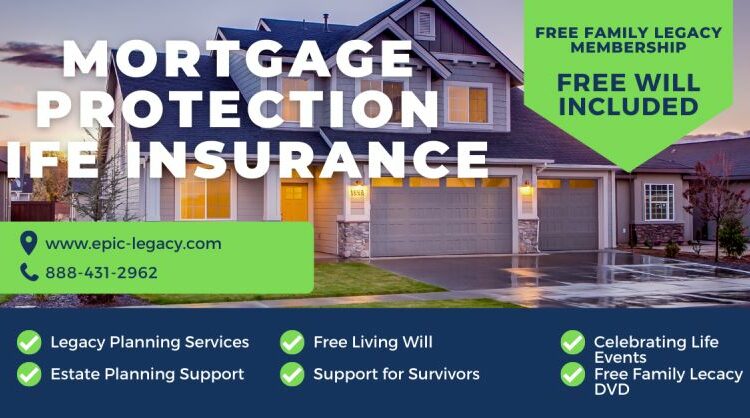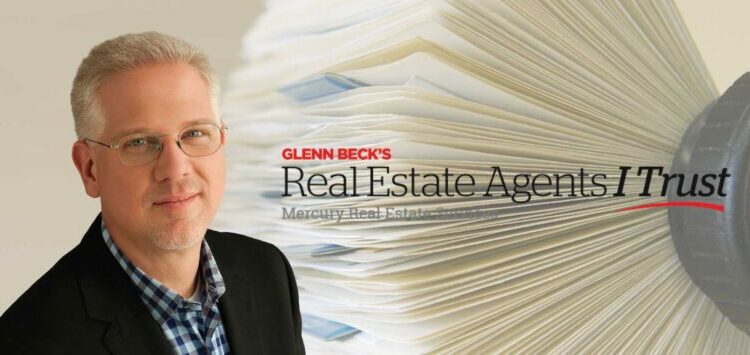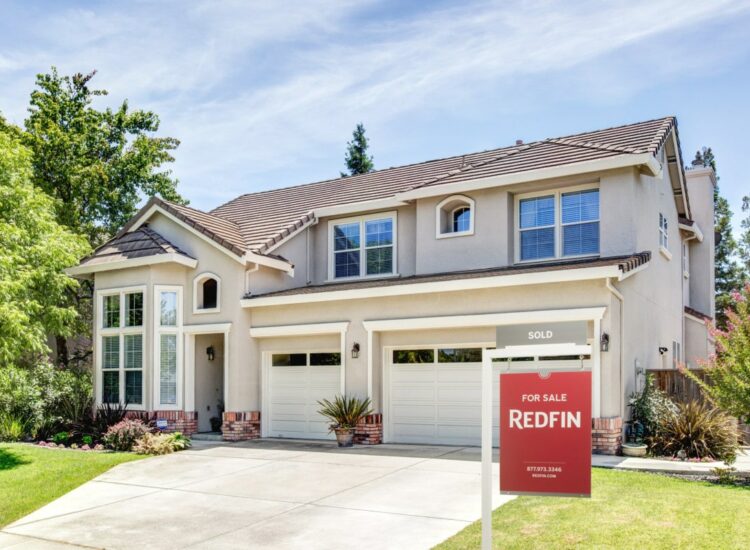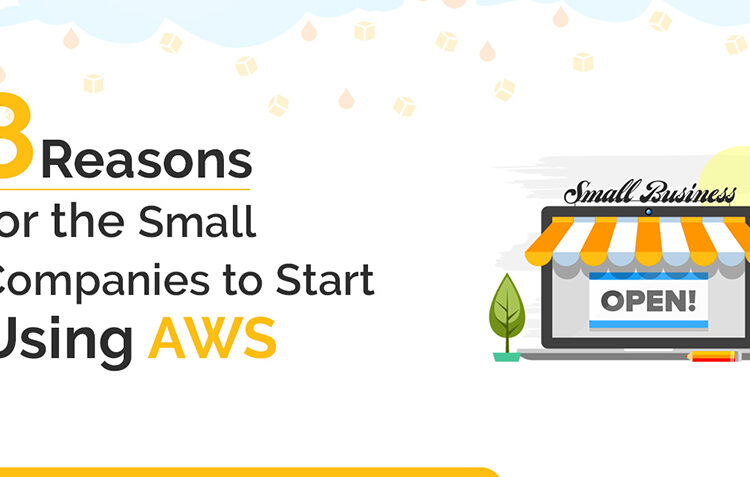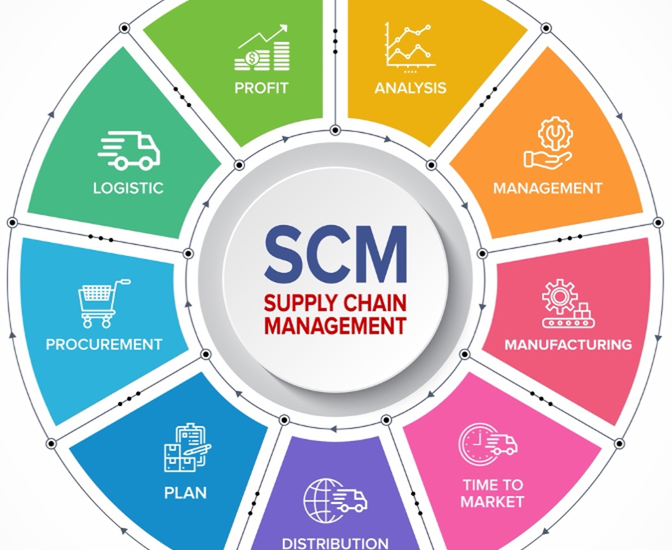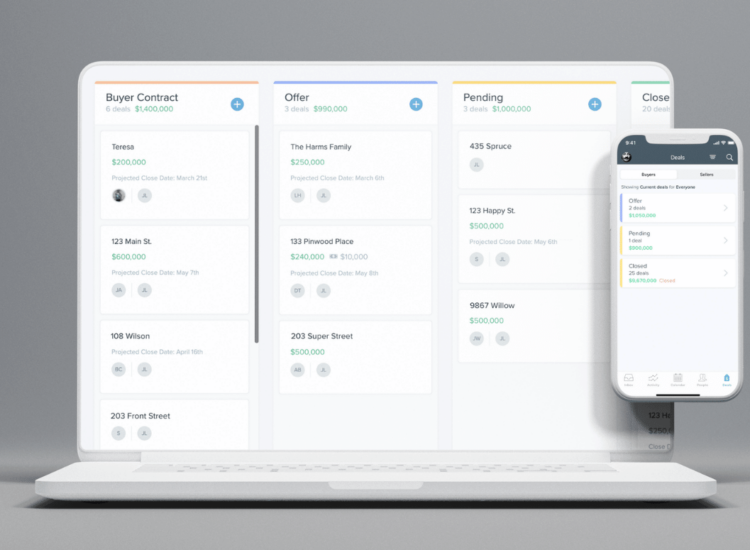Running a small nonprofit is a balancing act, especially when it comes to managing donor relationships and maximizing fundraising efforts. Limited resources and a growing donor base can quickly become overwhelming. The right CRM can help alleviate these challenges, streamlining operations and providing valuable insights to optimize donor engagement and fundraising. With the best CRM for nonprofits, your organization can transform its approach to donor management and fundraising, allowing you to focus on your mission rather than administrative tasks.
Toc
Why Nonprofits Need a CRM
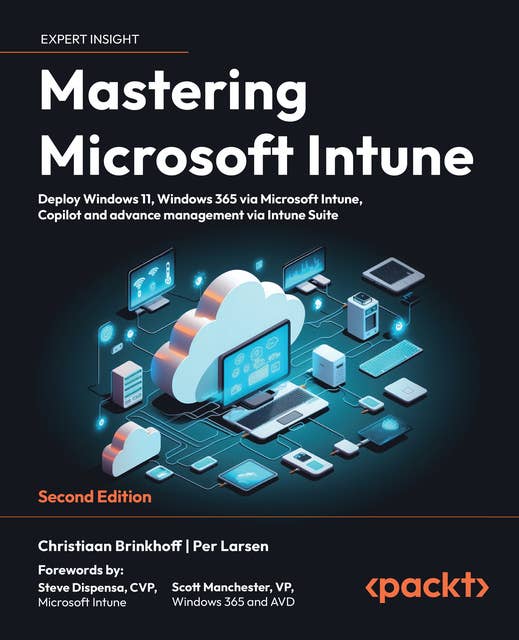
Nonprofits operate in a unique environment where building relationships with donors is crucial for success. A well-chosen CRM can be a game-changer, transforming how small organizations interact with their supporters. Here’s why investing in the best CRM for nonprofits is essential:
Enhanced Donor Relationships
CRMs offer a comprehensive overview of each donor’s journey, capturing their donations, event participation, and communication history. For example, a CRM can help identify donors who have given a certain amount or participated in specific events. This allows nonprofits to segment their audience and tailor their communications based on donor interests and giving history. By sending targeted emails, personalized appeals, and relevant updates, nonprofits can foster a sense of connection and encourage ongoing engagement. However, it’s crucial to strike a balance between data-driven insights and genuine human connection. Over-reliance on automation can sometimes lead to impersonal communications, potentially alienating donors.
Increased Fundraising Efficiency
By automating routine tasks such as sending donation receipts, thank-you messages, and updates, a CRM allows your team to focus on high-impact initiatives. Many CRMs also offer integration with online giving and event registration, simplifying your fundraising processes. Automation reduces the risk of human error and ensures timely communication, which is vital for maintaining donor trust and satisfaction. Beyond initial fundraising, CRMs can also support donor retention strategies by automating follow-up communications, birthday greetings, and thank-you messages for recurring donations. While automation can streamline tasks, it’s essential to implement the CRM effectively and provide adequate training to ensure that your team fully understands its functionalities and leverages its capabilities to maximize its impact.
Data-Driven Decisions
The best CRM for small nonprofits empowers organizations to analyze donor behavior, segment audiences, and evaluate campaign success. This data-driven approach leads to optimized strategies and better resource allocation, enhancing overall fundraising effectiveness. By leveraging insights gathered from donor data, nonprofits can refine their messaging and outreach strategies to resonate more effectively with their audience.
Improved Team Collaboration
A centralized CRM platform ensures that all team members can access and update donor information, facilitating communication and accountability. With shared insights, your team can work together more efficiently towards common goals. This collaborative environment fosters a culture of transparency, allowing everyone to stay informed and aligned on fundraising initiatives.
Effective Event Management
Many CRMs come equipped with tools for managing events, from registration to post-event follow-ups. This functionality can be invaluable for nonprofits that rely on events to raise funds and engage with their community. A well-integrated CRM allows you to track event participation, manage ticket sales, and analyze the success of your events, providing insights that can inform future planning.
Key Features to Look for in the Best CRM for Nonprofits

When searching for the best CRM software for nonprofits, consider these essential features to ensure you find the right fit for your organization:
User-Friendly Interface
An intuitive design is crucial. A user-friendly interface will allow your team to quickly learn and navigate the system, minimizing disruptions to productivity. A steep learning curve can hinder adoption and reduce the effectiveness of the CRM, making it vital to choose a platform that prioritizes usability.
Affordable Pricing
Look for a CRM with pricing structures that fit your budget, whether that be a flat monthly fee or a tiered model based on the number of contacts. Transparency in pricing is vital to avoid hidden fees. Many CRMs offer discounts for nonprofits, so be sure to inquire about available options. For instance, Bloomerang offers plans starting at $45 per month for small nonprofits, while DonorPerfect provides a basic plan for $99 per month.
Robust Donor Management
Your CRM should serve as a comprehensive hub for donor information, including detailed profiles, giving histories, communication preferences, and engagement metrics. This functionality is key to maintaining strong donor relationships. A robust donor management system enables nonprofits to identify major donors and tailor their engagement strategies accordingly.
Integrated Fundraising Tools
Seamless integration with online donation platforms, event registration systems, and peer-to-peer fundraising tools is essential. This integration simplifies workflows and enhances the donor experience. Look for CRMs that offer API access or built-in integrations with popular fundraising platforms, allowing you to consolidate your technology stack.
Reporting and Analytics
Even small nonprofits need to leverage data for informed decision-making. Look for CRMs that offer basic reporting and analytics capabilities to visualize data and generate actionable insights. The ability to create custom reports and dashboards can empower your team to track key performance indicators (KPIs) and measure the success of fundraising campaigns.
1. https://cafekinhdoanh.net/mmoga-the-best-crm-for-mortgage-brokers-boost-efficiency-close-more-deals
3. https://cafekinhdoanh.net/mmoga-the-best-crm-for-shopify-boost-your-ecommerce-success
5. https://cafekinhdoanh.net/mmoga-what-is-the-best-crm-for-small-businesses
Mobile Accessibility
In today’s fast-paced world, having a mobile-friendly CRM is a necessity. Ensure your team can manage donor information and communications while on the go, making it easier to stay connected. A mobile app or responsive design can help your team access critical information during meetings, events, or outreach efforts.
Top CRM Solutions for Nonprofits (2024)

Now that you know what to look for, let’s dive into the best CRM for nonprofits available in 2024. Each option offers unique strengths tailored to different organizational needs.
1- Bloomerang
Strengths: User-friendly interface, robust reporting, integrated fundraising tools, strong customer support.
Target Audience: Small to medium-sized nonprofits focused on nurturing long-term donor relationships.
Bloomerang stands out as a top choice, offering a comprehensive donor management platform that emphasizes relationship-building. Its intuitive dashboard and automated workflows simplify fundraising efforts. Additionally, Bloomerang provides educational resources to help organizations maximize their use of the platform.
2- DonorPerfect
Strengths: Affordable pricing, good donor management features, excellent customer service.
Target Audience: Small nonprofits with budget constraints looking for foundational donor management capabilities.
DonorPerfect is a budget-friendly option that covers the essentials of donor management. While it may lack some advanced features, it provides a solid base for tracking donations and communicating with supporters. Its user-friendly interface makes it easy for teams to adopt and use effectively.
3- Little Green Light
Strengths: Affordable, easy to use, integrates well with other platforms, strong community support.
Target Audience: Small nonprofits seeking a straightforward CRM with essential donor management features.
Little Green Light offers a simple and cost-effective solution for organizations focused on basic donor management and fundraising needs, integrating seamlessly with popular tools like QuickBooks. Its strong community support ensures that users can find assistance and best practices easily.
4- Keela
Strengths: Intuitive interface, robust donor management, good for moves management, affordable.
Target Audience: Small to medium-sized nonprofits looking for advanced features and AI-driven insights.
Keela provides a powerful CRM solution with an easy-to-navigate interface. Its advanced capabilities, such as moves management, make it an attractive option for nonprofits seeking to enhance donor engagement. Keela also offers a free trial, allowing organizations to test its features before committing.
5- DonorDock
Strengths: No contracts, unlimited contact records, user-friendly interface, good for activity management.
Target Audience: Small nonprofits wanting flexibility and unlimited contact storage.
DonorDock differentiates itself with its no-contract policy and unlimited contact records. Its clean design and focus on activity management streamline donor relations tasks effectively. The ability to customize fields and workflows makes it adaptable to various organizational needs.
6- Neon One
Strengths: Affordable, easy to use, extensive product suite, good for workflow automation.
Target Audience: Small to medium-sized nonprofits seeking a comprehensive software ecosystem.
Neon One offers an extensive suite of nonprofit solutions, including a CRM that supports workflow automation, making it a viable choice for organizations looking to consolidate their technology. Its collaborative features allow teams to work together more effectively on fundraising efforts.
7- Givebutter
Strengths: Free option available, social fundraising tools, user-friendly interface, good for events and auctions.
Target Audience: Small nonprofits with limited budgets seeking social fundraising capabilities.
2. https://cafekinhdoanh.net/mmoga-the-best-crm-for-mortgage-brokers-boost-efficiency-close-more-deals
4. https://cafekinhdoanh.net/mmoga-the-best-crm-for-shopify-boost-your-ecommerce-success
5. https://cafekinhdoanh.net/mmoga-what-is-the-best-crm-for-small-businesses
Givebutter’s free CRM option is perfect for budget-conscious organizations. While it may not have extensive advanced features, its user-friendly design and social fundraising tools are beneficial for event-based fundraising efforts. The platform encourages community engagement through social sharing features.
Choosing the Right CRM for Your Nonprofit
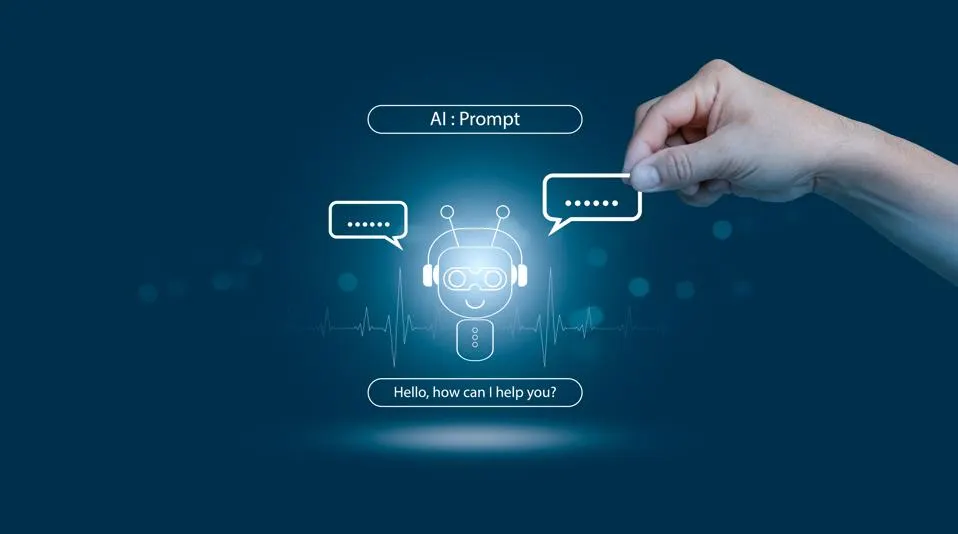
Selecting the best CRM for small nonprofits requires a thoughtful and strategic approach. As you embark on this journey, it’s important to meticulously consider your organization’s unique needs and how a CRM solution can enhance your operations. Follow these steps to guide your decision-making process:
Define Your Needs
Begin by clearly identifying your organization’s specific requirements. This includes not only budget constraints but also essential features that are non-negotiable for your team. For instance, think about whether you need tools for donor management, volunteer coordination, or event planning. Additionally, consider the desired integrations with existing software systems, such as email marketing platforms or accounting software. Take a moment to reflect on the unique challenges your nonprofit faces and how a tailored CRM can effectively address those issues, whether it’s streamlining communication or improving data management.
Research and Compare
Next, dive into exploring various CRM options available in the market. Read in-depth reviews, analyze features, and compare pricing models to get a comprehensive understanding of what each platform offers. This thorough research will help you narrow down your choices significantly. Don’t overlook the importance of looking for case studies or testimonials from organizations similar to yours; understanding how each CRM has performed in real-world scenarios can provide valuable insights into their effectiveness and reliability.
Request Demos
Once you have a shortlist of potential CRM solutions, schedule demonstrations with your top contenders. This will allow you to see their features in action, giving you a clearer picture of how they can fit into your operations. It’s also the perfect opportunity to ask detailed questions regarding aspects like implementation processes, customer support availability, and any ongoing training that may be required. This hands-on experience can provide valuable insights into the usability and functionality of each platform, helping you gauge which one aligns best with your team’s workflow.
Pilot Test
Consider utilizing free trials or pilot programs offered by the CRM providers to test the software before making a long-term commitment. This phase is crucial as it allows you to experience the platform first-hand and evaluate its usability in a practical setting. During the trial period, actively involve your team members to gather their feedback and observations about their experiences with the platform. Their insights will be instrumental in assessing how well the CRM meets your organization’s needs and whether it can facilitate smoother operations.
Seek Recommendations
Finally, don’t hesitate to reach out to other nonprofits in your network to gather insights about their experiences with different CRM providers. Their first-hand feedback can be invaluable in your decision-making process, shedding light on potential advantages or pitfalls you may not have considered. Engaging in networking with peers can also lead to discovering lesser-known options that may be a perfect fit for your organization, providing you with opportunities to learn from their successes and challenges.
Frequently Asked Questions

Q: What are the best free CRM options for small nonprofits?
A: While free CRMs are available, they often come with limited functionality. It’s wise to explore free trials of paid CRMs to find the best fit for your needs. Solutions like Givebutter offer free options that can be effective for smaller organizations.
Q: How much should I expect to pay for a CRM for my small nonprofit?
A: Pricing varies significantly based on features and capabilities. Typically, small nonprofits can expect to pay between $45 and $400+ per month for a suitable CRM solution. Many CRMs offer discounts for annual subscriptions, which can provide additional savings.
Q: How long does it take to implement a CRM?
A: Implementation time varies depending on the complexity of the CRM and data migration needs. Generally, expect a timeline of 1 to 3 months for a successful rollout. Factors such as team size, data volume, and integration requirements can influence this timeline.
Q: Can a CRM help with grant management?
A: Many CRMs offer features that support grant management, such as tracking applications, deadlines, and reporting requirements. Look for CRMs that provide customizable fields and workflows specifically for grant tracking to ensure you can manage this critical aspect of your nonprofit’s operations effectively.
Conclusion
Choosing the best CRM for nonprofits can significantly enhance your organization’s ability to manage donor relationships and streamline fundraising efforts. By carefully evaluating your needs, researching available options, and leveraging the right features, you can empower your team to build lasting connections with donors and maximize your impact. Don’t hesitate—explore the CRM solutions outlined in this guide, request demos, and find the perfect platform to help your nonprofit thrive in 2024. With the right CRM in place, your organization can focus on what truly matters: making a difference in your community and advancing your mission.



